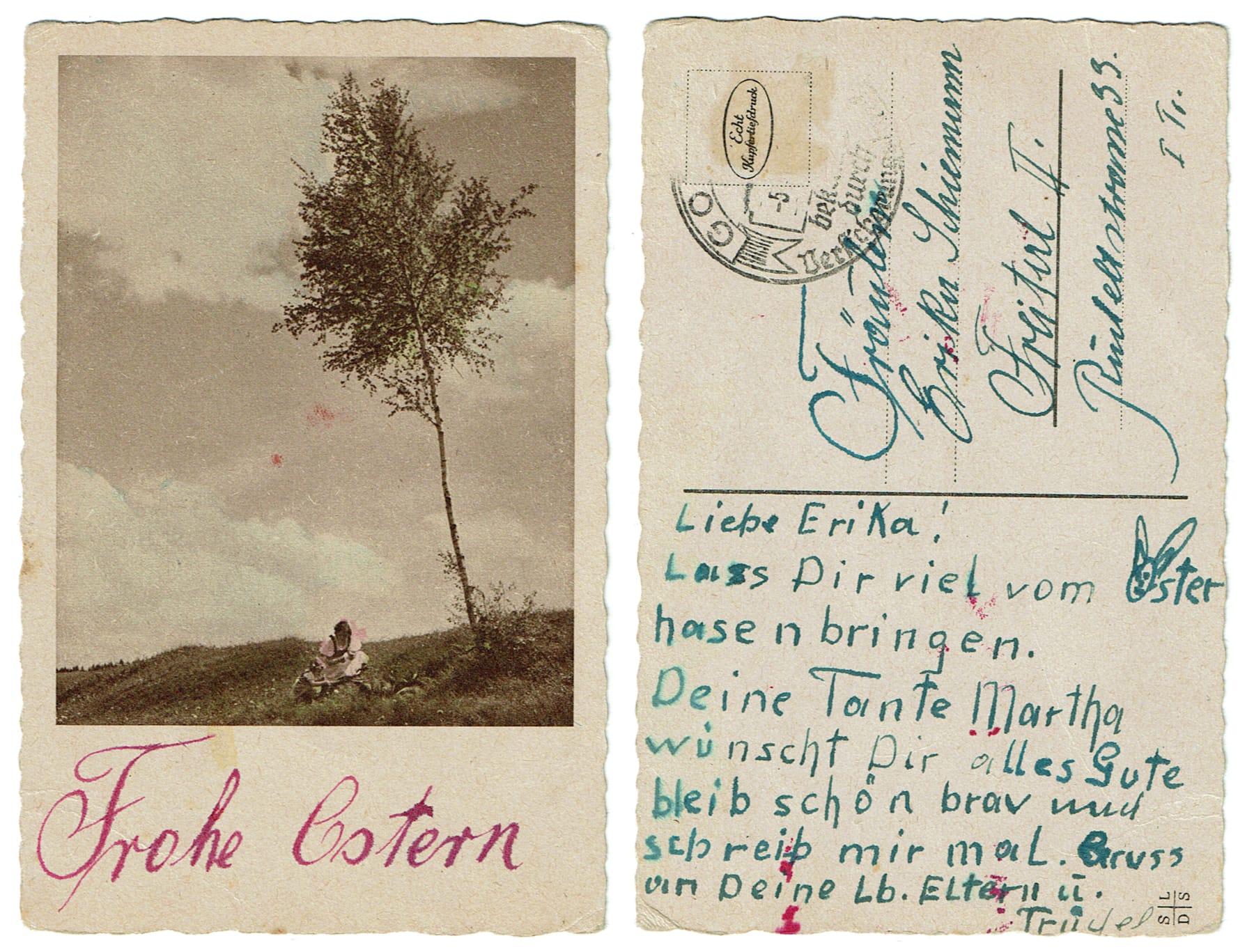Roaring Again?

There has been quite some talk about humankind having stepped over the threshold to »The Twenties«. A statement that, in itself, could not be more trivial. A considerable number of people, however, seem to attach a remarkable significance to this banality: the arrival in the third decade of the century, in their eyes, is full of either ominous foreboding or glittering promise.
»We’re in the Twenties now!« they say and raise their brows as if having uttered something really, really weighty.
What drives them is, of course, the thought of the 1920s, a decade that has been labeled »The Roaring Twenties« or »Die Goldenen Zwanziger« – and whose historical substance has long been buried under a towering heap of cliché, simplification, distortion, and kitsch.
It’s nothing singular that our notion of a period in history is far from accurate, sometimes not much more than a caricature. Just look at the 1960s. The term is superimposed by what we in some Western countries see as »The Sixties« and which is – again – rather just a few fragments of the complete picture, and these fragments seen from just one perspective. Just to give one single example of how distorted and narrow our image of »The Sixties« is, let me quote from Ian Kershaw’s book »Roller Coaster: Europe 1950 – 2017«:
One Polish activist later succinctly characterized a key difference [from rebelling students in Western countries]: »For us democracy was a dream – but for them it was a prison.« […] A Czech activist encountered similar difficulties: »Rudi Dutschke (personally, I liked him) was not very successful with his visions of free, non-restrictive communist society, when he visited Prague this spring [1968]. The arguments of French students and their red flags hanging don’t excite our students.«
You will find many, many more different views toward and aspects of the 1960s if you refer to people outside the USA, France, and (Western) Germany. Or simply ask people with different backgrounds within these countries (from the then working class, for example).
History – or, to be precise: historiography – is not an exact science. It cannot as soon as it is more than simply listing dates and numbers (and even these will more often be found dubious than not). Which is nothing new. Historiography has always been biased and will always be, by whomever the past is told. There was the Whig Interpretation of History or the leyenda negra or Marx’s Historical Materialism. And of course all the chronicles written for kings and queens, for religious leaders and potentates of all kinds or by political parties and all sorts of pressure groups. Even our own recollections are not quite as accurate as we believe (or hope) them to be. And … – well, you get the point.
But the concession that there was nothing like the 1920s is just one argument against the clamour about the decade we have entered. There are more, and much simpler, objections.
Firstly: Why do we look to the 20th century exclusively? What about the 1820s? Were the 1920s like the 1820s? Or the 520s? Let’s look what the 1620s would promise for Germany – Thirty Years’ War – »roaring« indeed …
But, secondly and even more basically: why should our totally arbitrary habit of dividing history in packs of tens, and hundreds, and thousands of years have any impact on the course of events? What if we’d have preferred to group years by multiples of twelve (like we do with seconds, minutes, hours, and the day)? The year 1920 would then have its jubilee in 2064 – after 144 years. History would be exactly the same but no-one would expect a »roaring« or »golden« dozen years now.
History might repeat itself, I do not contest that – but it will not do so because »it’s the twenties«.
A different angle of view on the subject, by the way, is taken by the journalist Steve LeVine in his article »Will the 2020s Really Become the Next Roaring Twenties?« – not, of course, that I would even dream of comparing his profound in-depth analysis of economical, social, and technological aspects with my own soap-box oratory above.